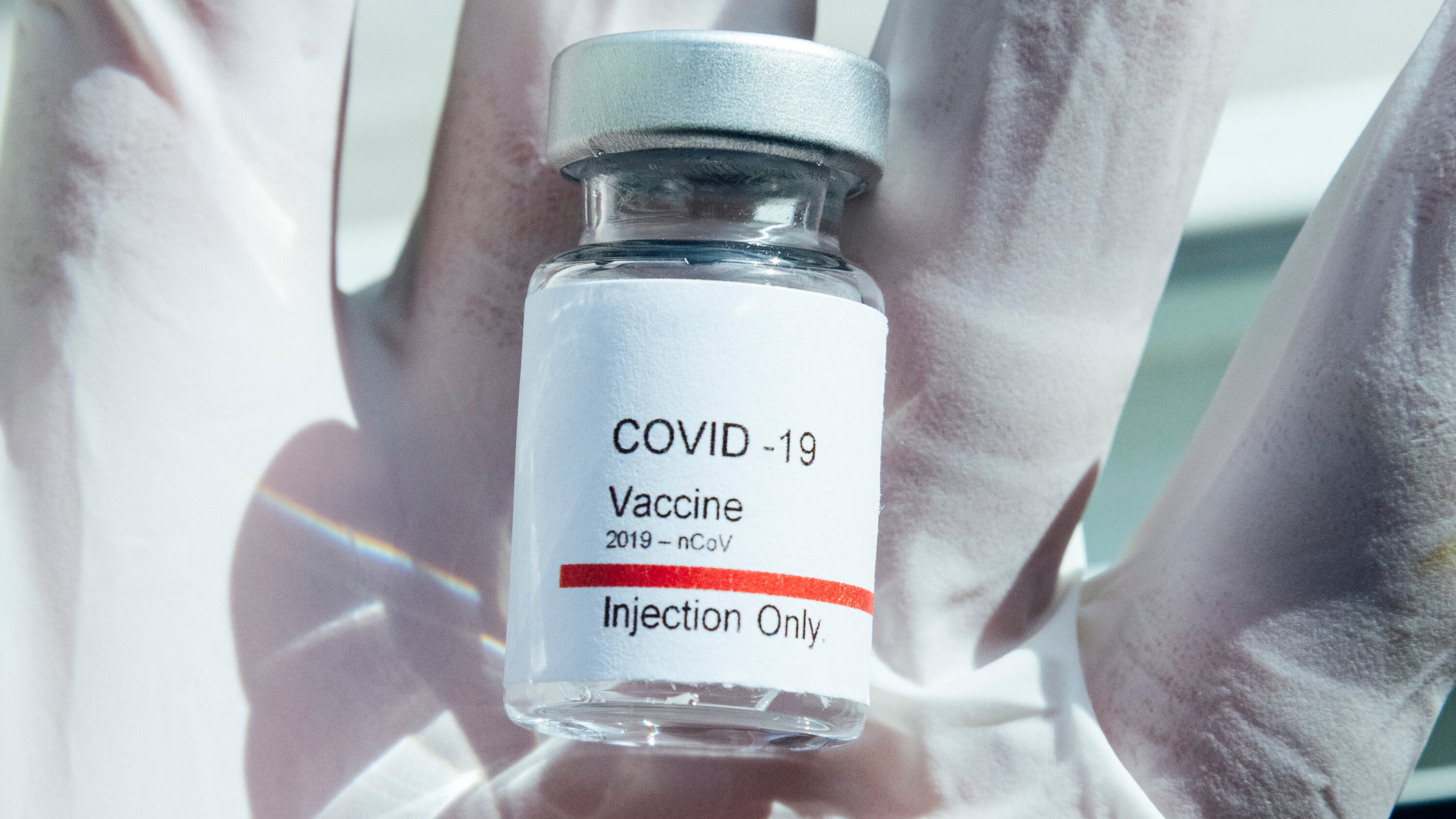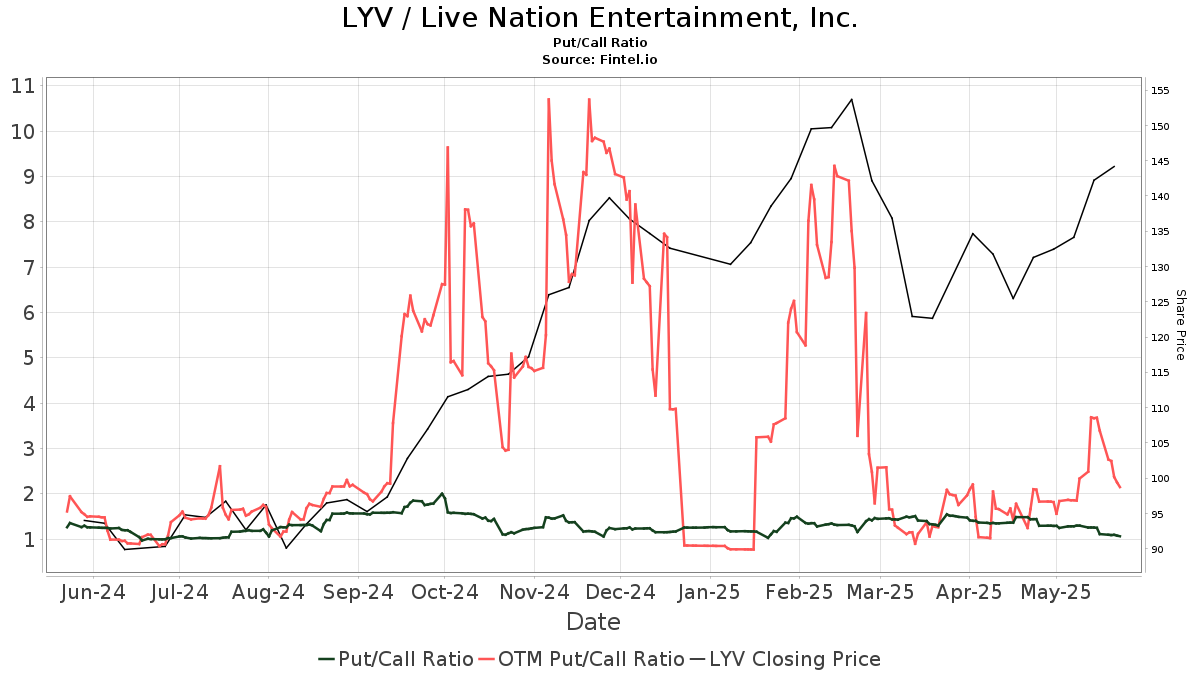COVID-19 Vaccination And The Prevention Of Long COVID: Current Evidence

Table of Contents
The Burden of Long COVID and its Impact
Long COVID, also known as post-COVID-19 condition or long-haul COVID, is a complex syndrome characterized by a wide range of persistent symptoms that emerge after an initial COVID-19 infection, even in individuals who experienced mild or asymptomatic initial infections. The symptoms can last for weeks, months, or even longer, significantly impacting the quality of life for those affected.
Defining Long COVID
Defining Long COVID presents challenges due to the diverse range of symptoms and the variability in their duration and severity. There is no single diagnostic test, making consistent data collection and accurate diagnosis difficult.
- Common Long COVID symptoms: These include, but are not limited to, extreme fatigue, "brain fog" (cognitive dysfunction), shortness of breath, chest pain, heart palpitations, persistent cough, loss of taste or smell, headaches, muscle aches, joint pain, gastrointestinal issues, and sleep disturbances.
- Impact on quality of life: Long COVID significantly impacts individuals' physical and mental well-being, affecting their ability to work, engage in social activities, and maintain overall health. The burden on healthcare systems is substantial, requiring ongoing care and management of chronic symptoms.
Risk Factors for Developing Long COVID
While the exact mechanisms driving Long COVID are still under investigation, several risk factors have been identified:
- Age: Older individuals appear to be at increased risk of developing Long COVID.
- Pre-existing conditions: Individuals with pre-existing conditions such as obesity, diabetes, cardiovascular disease, and chronic lung disease seem to be more susceptible.
- Severity of initial infection: Those with severe COVID-19 infections are at higher risk than those with milder cases.
- Comorbidities: The presence of multiple underlying health conditions can significantly increase the likelihood of experiencing Long COVID.
Reducing these risk factors through healthy lifestyle choices, managing existing conditions, and vaccination can contribute to minimizing the risk of developing Long COVID.
COVID-19 Vaccination and its Role in Reducing Long COVID Risk
COVID-19 vaccination plays a crucial role in reducing the risk of Long COVID. By stimulating a robust immune response, vaccines help protect against severe illness, hospitalization, and death. Furthermore, there is growing evidence suggesting that vaccination also reduces the risk, severity, and duration of Long COVID.
Vaccine-Induced Immunity and its Effects on Post-COVID Symptoms
COVID-19 vaccines, including mRNA vaccines (like Pfizer-BioNTech and Moderna) and viral vector vaccines (like AstraZeneca and Johnson & Johnson), work by triggering the body to produce antibodies and T cells that target the SARS-CoV-2 virus. This immune response helps to prevent infection or lessen its severity.
- Mechanism of Action: Different vaccines use different mechanisms to achieve this, but the overall goal is to build immunity against the virus.
- Reduced Long COVID Risk: Studies have shown a significant reduction in the risk of Long COVID among vaccinated individuals compared to unvaccinated individuals. The exact magnitude of this reduction varies depending on the study and the specific vaccine used.
Impact of Vaccination on the Severity and Duration of Long COVID
Even if vaccinated individuals contract COVID-19, vaccination is associated with a reduced severity and duration of Long COVID symptoms.
- Milder Symptoms: Vaccinated individuals who develop Long COVID tend to experience less severe symptoms and a shorter duration compared to unvaccinated individuals with Long COVID.
- Study Findings: Numerous studies have supported this observation, although more research is needed to fully understand the complex relationship between vaccination and Long COVID outcomes.
Booster Shots and Long COVID Prevention
Booster shots play a critical role in maintaining high levels of immunity over time, particularly as the virus evolves.
- Maintaining Immunity: Booster doses help to reinforce the immune response and protect against new variants.
- Further Reduced Risk: Evidence suggests that booster shots may further reduce the risk of Long COVID, though more research is continually needed to confirm the full extent of this protection.
Ongoing Research and Future Directions
While considerable progress has been made, many unanswered questions remain regarding the relationship between COVID-19 vaccination and Long COVID.
Unanswered Questions and Areas for Further Investigation
- Vaccine Effectiveness Across Variants: Further research is needed to assess the long-term effectiveness of vaccines against emerging variants and their impact on Long COVID risk.
- Impact on Different Demographic Groups: Studies are ongoing to determine how vaccine effectiveness against Long COVID varies across different age groups, ethnicities, and individuals with pre-existing conditions.
- Long-Term Outcomes: Longitudinal studies are needed to track the long-term impact of vaccination on Long COVID outcomes, including symptom persistence and overall health.
The Importance of Continued Surveillance and Data Collection
Large-scale epidemiological studies and clinical trials are essential for monitoring the ongoing effectiveness of vaccination strategies in preventing Long COVID. Robust data collection and surveillance systems are crucial for guiding public health interventions and informing individual decision-making.
Conclusion
COVID-19 vaccination is strongly associated with a reduced risk of developing Long COVID and may lessen its severity and duration. However, ongoing research is crucial to address remaining uncertainties and refine preventative strategies. Staying up-to-date with COVID-19 vaccinations, including booster shots, remains a vital strategy for protecting against severe illness, hospitalization, and the long-term consequences of infection, including Long COVID. Consult with your healthcare provider to discuss your individual vaccination needs and strategies for mitigating your risk of developing Long COVID. Stay informed about the latest research and recommendations regarding COVID-19 vaccination and Long COVID prevention.

Featured Posts
-
 South Australian Farmers Seek Support As Kangaroo Numbers Worsen Drought
May 29, 2025
South Australian Farmers Seek Support As Kangaroo Numbers Worsen Drought
May 29, 2025 -
 Understanding Lng Bunkering Shells Services For Cruise Ships In Barcelona
May 29, 2025
Understanding Lng Bunkering Shells Services For Cruise Ships In Barcelona
May 29, 2025 -
 Bayern Snubs Liverpool And Man United Bids
May 29, 2025
Bayern Snubs Liverpool And Man United Bids
May 29, 2025 -
 Jamie Foxx And The All Star Weekend Casting Debate Robert Downey Jr S Role
May 29, 2025
Jamie Foxx And The All Star Weekend Casting Debate Robert Downey Jr S Role
May 29, 2025 -
 Analyzing Live Nation Entertainment Lyv Potential Returns And Risks
May 29, 2025
Analyzing Live Nation Entertainment Lyv Potential Returns And Risks
May 29, 2025
Latest Posts
-
 Alcaraz Bai Tien Indian Wells Nguyen Nhan Va Hau Qua
May 31, 2025
Alcaraz Bai Tien Indian Wells Nguyen Nhan Va Hau Qua
May 31, 2025 -
 Alcaraz Thua Ban Ket Indian Wells Masters Phan Tich Tran Dau
May 31, 2025
Alcaraz Thua Ban Ket Indian Wells Masters Phan Tich Tran Dau
May 31, 2025 -
 150 000 Expected In Detroit For Packed Memorial Day Weekend
May 31, 2025
150 000 Expected In Detroit For Packed Memorial Day Weekend
May 31, 2025 -
 Detroit Expects 150 000 Visitors For Memorial Day Weekend
May 31, 2025
Detroit Expects 150 000 Visitors For Memorial Day Weekend
May 31, 2025 -
 Detroit Tigers Game Features Jack White Baseball Commentary And Hall Of Fame Reflections
May 31, 2025
Detroit Tigers Game Features Jack White Baseball Commentary And Hall Of Fame Reflections
May 31, 2025
